International Trade Economics Definition
The gains from international trade arise because of the diversity in the conditions of production natural or acquired in different countries. International trade is a field in economics that applies microeconomic models to help understand the international economy.
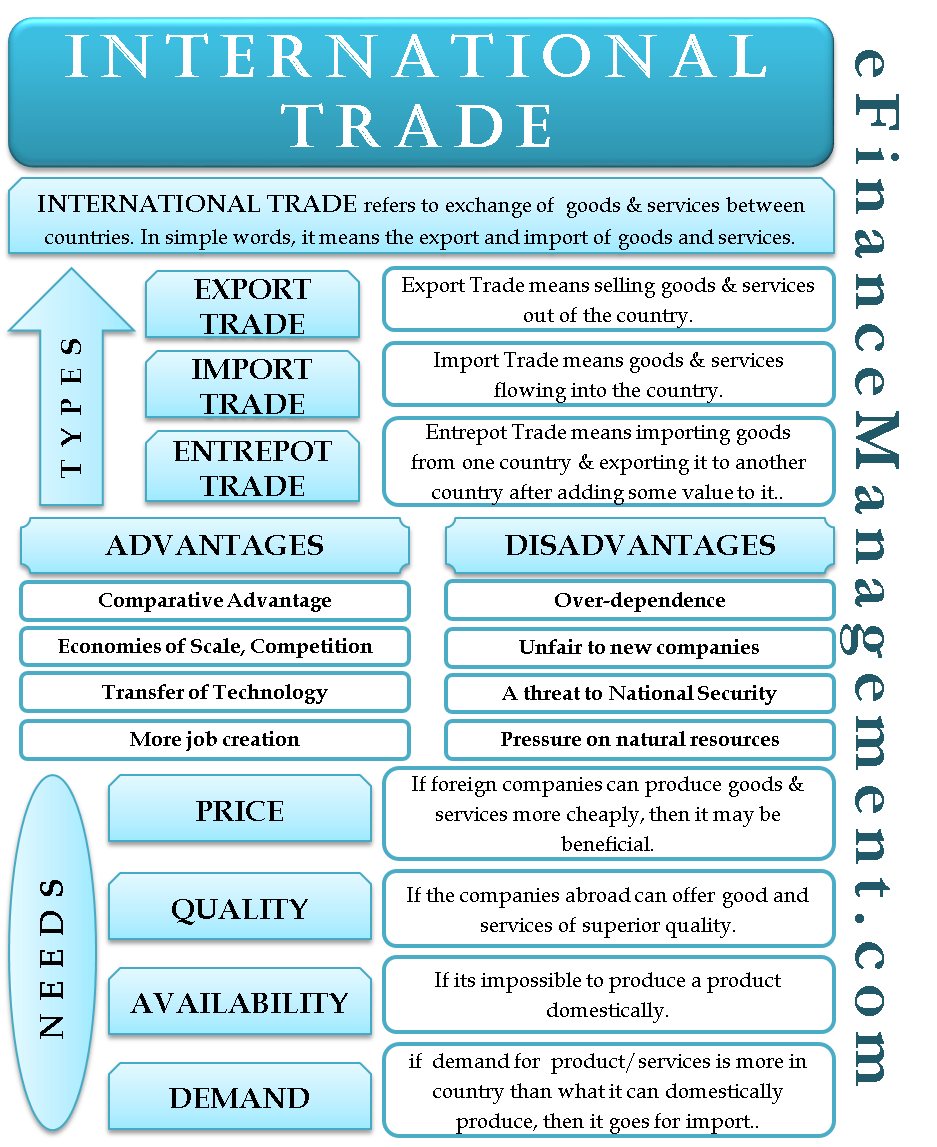
International Trade Types Importance Advantages And Disadvantages
Why Countries are involved in International Trade 4.

International trade economics definition. International Trade is usually referred to the exchange of goods and services across international borders or territories. 49 rows International Trade. In addition to investigating trade the field of study also concerns the effect of these interactions upon consumption and labor within trading partners.
Apple lets Samsung focus on making the best parts which allows Apple to concentrate on its strengthdesigning elegant. Exists where a country is able to produce more output than other countries using the same inputs of factors of production. Page 1 of 22 CPA I CPS I SECTION 1B EVE ECONOMICS INTERNATIONAL TRADE AND FINANCE.
It seeks to explain the patterns and consequences of transactions and interactions between the inhabitants of different countries including trade investment and. This definition was concurring by Economics Concepts 2012 who defined it as trade across international boundaries. International Trade Protection 7.
There are two broad sub-fields within international economics. International economics is concerned with the effects upon economic activity from international differences in productive resources and consumer preferences and the international institutions that affect them. Each term has a slightly different meaning and none really seems right for the entire field.
The economic interaction among different nations involving the exchange of goods and services that is exports and imports. On the other hand international finance studies the flow of financial assets or investment across borders. What is international trade definition.
International trade involves the exchange of goods or services and other factors of production such as labor and capital across international borders. To understand the economic logic behind international trade you have to accept as these firms do that trade is about mutually beneficial exchange. Balance of Payments 8.
The guiding principle of international trade is comparative advantage which indicates that every country no matter their level of development can find something that it can produce cheaper than another country. Exists where a country is able to produce a good at a lower opportunity cost of resources than another country. This includes modeling the impact of global factors on the economy of a nation.
International trade and international finance. About 30 of the world GDP. John Spacey December 30 2017 updated on January 01 2018.
Each country tries to specialize in the production of those commodities in which its comparative cost advantage is greatest or the comparative disadvantage is the least. International economics can also be used to model the global economy as a single system of. In most countries such trade represents a significant share of gross domestic product GDP.
Also often called international monetary economics or international macroeconomics. Samsung is one of the worlds largest electronics parts suppliers. If countries specialize in the production of.
Definition International Trade 2. Merits of International Trade 5. International trade refers to as the transfer of goods and services which include capital goods from one country to another.
Trade is a basic economic concept involving the buying and selling of goods and services with compensation paid by a buyer to a seller or the exchange of goods or services between parties. Trade economics is a study of the structure of international financial interactions. In 2010 the value of international trade achieved 19 trillion current US dollars ie.
International Trade Theories 6. The monetary side of international economics in contrast to the real side or real trade. International economics is a field of study which assesses the implications of international trade in goods and services and international investment.
Characteristics of International Trade 3. International economics is the economics of the global economy and commercial exchanges between nations. In most countries it represents a significant share of gross domestic product GDP.
Term international trade Definition. International finance focuses on the interrelationships among aggregate economic variables such as GDP unemployment inflation trade balances exchange rates and so on.
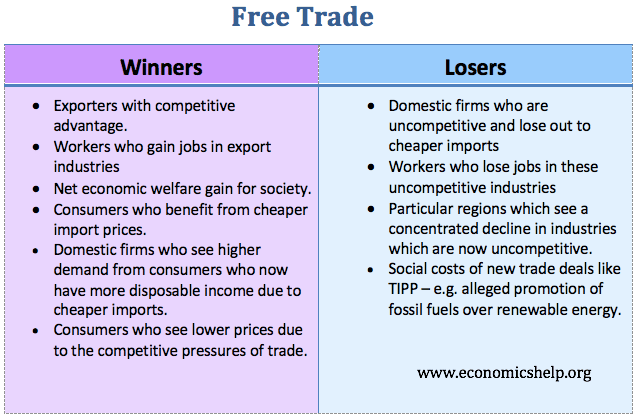
Who Are The Winners And Losers From Free Trade Economics Help
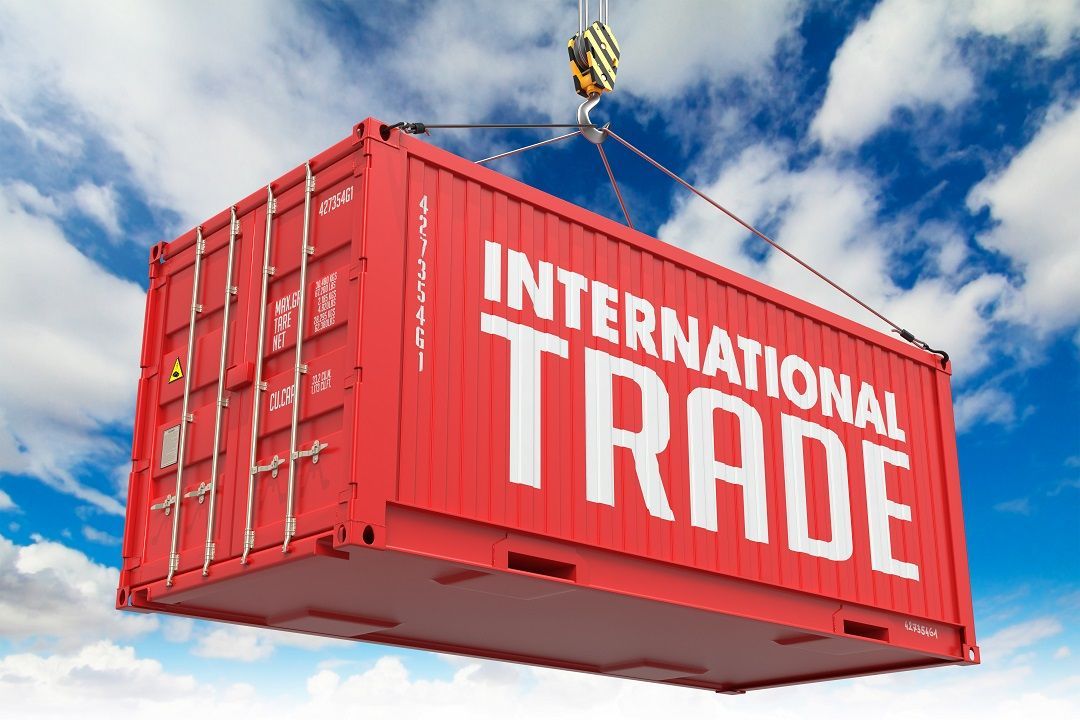
International Trade Overview Reasons Comparative Advantage

International Trade Definition Meaning And Examples

International Trade Agreements Econlib
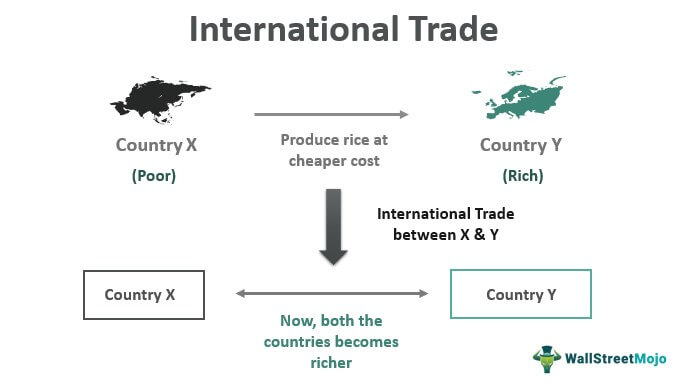
International Trade Definition Examples Advantages And Disadvantgaes
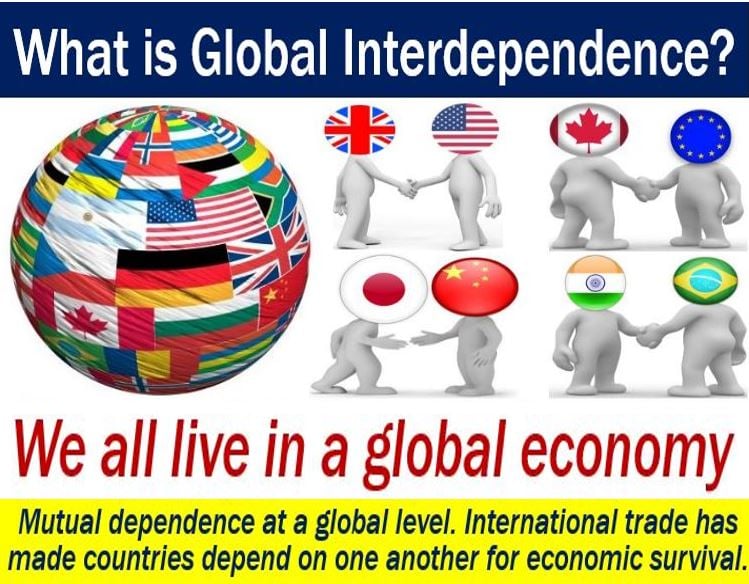
What Is Global Interdependence Market Business News
Gains From Trade Boundless Economics

What Is International Trade Policy

International Trade Definition Meaning And Examples
/shippingtankerboatoceantrade_AdobeStock_279755856-7f55f339ad254631968d1bb37ef95433.jpeg)
What Is International Global Trade

Terms Of Trade In Economics Definition Formula Examples Video Lesson Transcript Study Com

31 Key Pros Cons Of International Trade E C
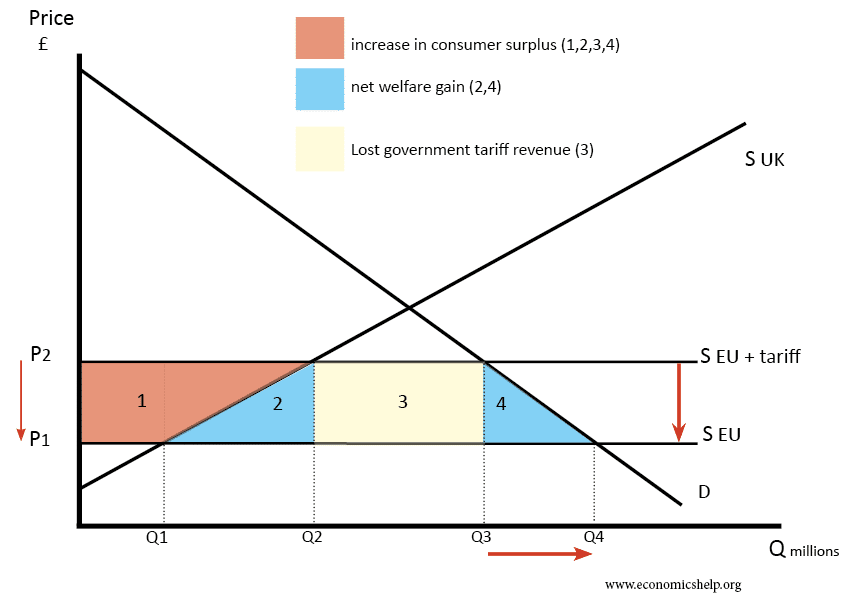
Trade Liberalisation Economics Help
/TariffsAffectPrices1_2-e3858c9eddb649a8b3ffc70af1f9938b.png)
The Basics Of Tariffs And Trade Barriers
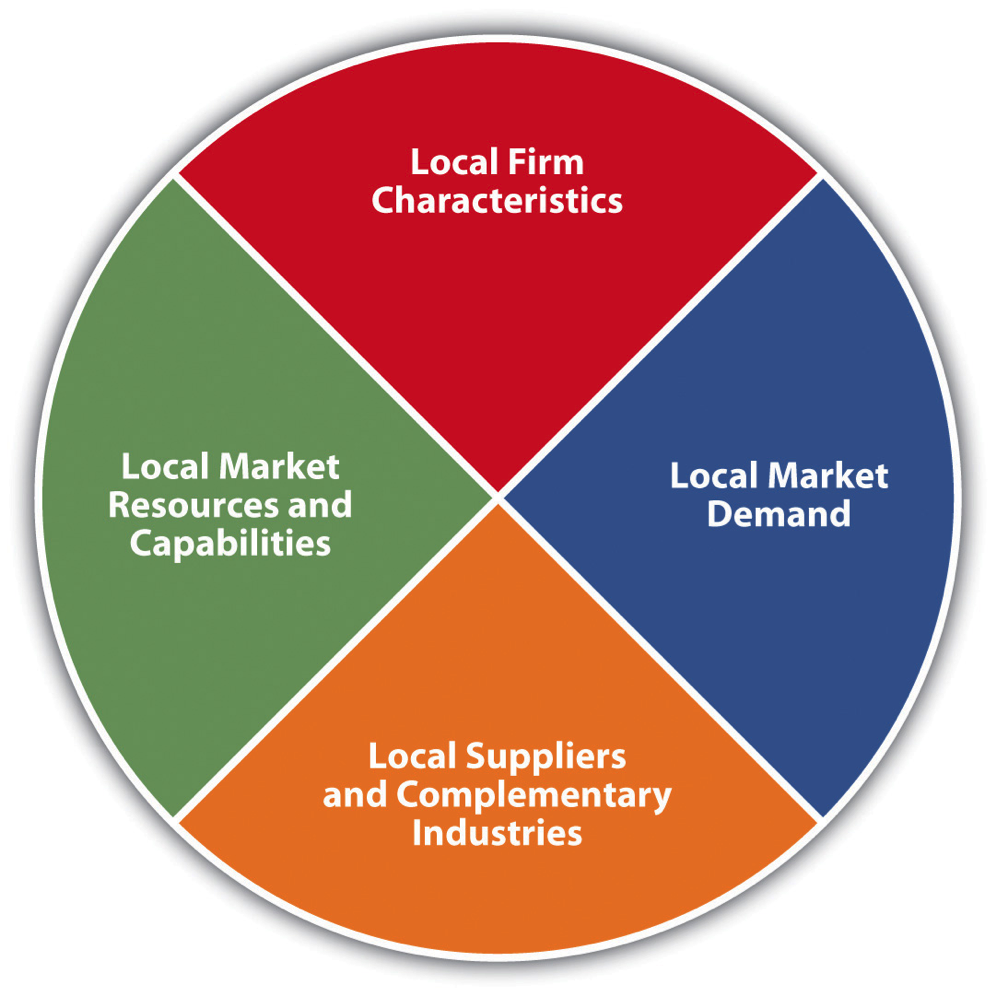
2 1 International Trade Core Principles Of International Marketing
/TariffsAffectPrices1_2-e3858c9eddb649a8b3ffc70af1f9938b.png)
The Basics Of Tariffs And Trade Barriers
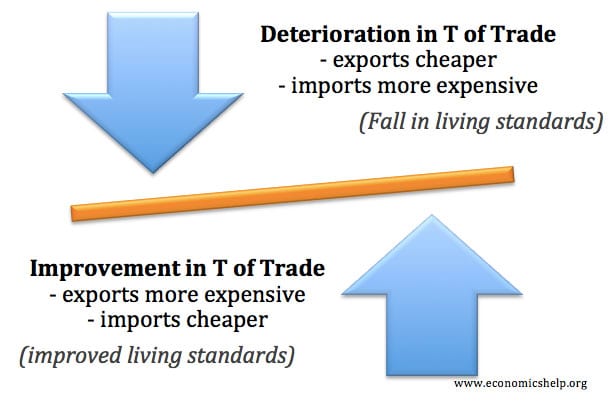
Terms Of Trade Effect Economics Help

:max_bytes(150000):strip_icc()/trade-wars-definition-how-it-affects-you-4159973_color-bf45e3ae6bad40e09e5485c8f6fa7c75.png)
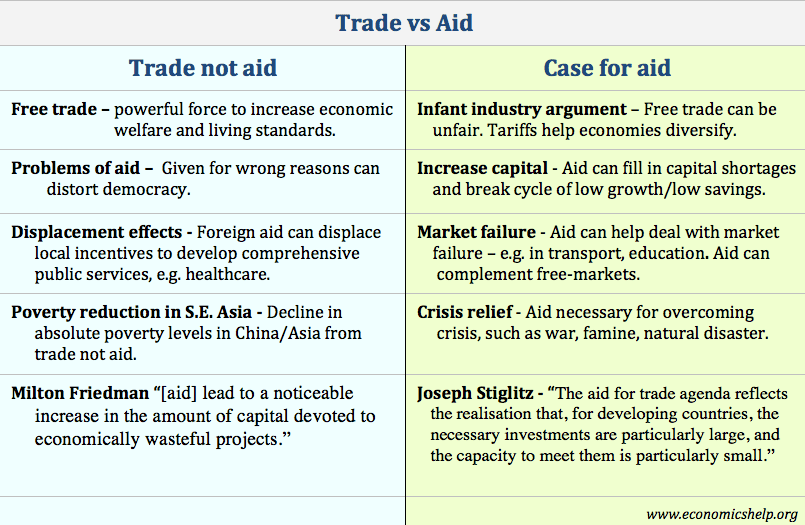
Post a Comment for "International Trade Economics Definition"